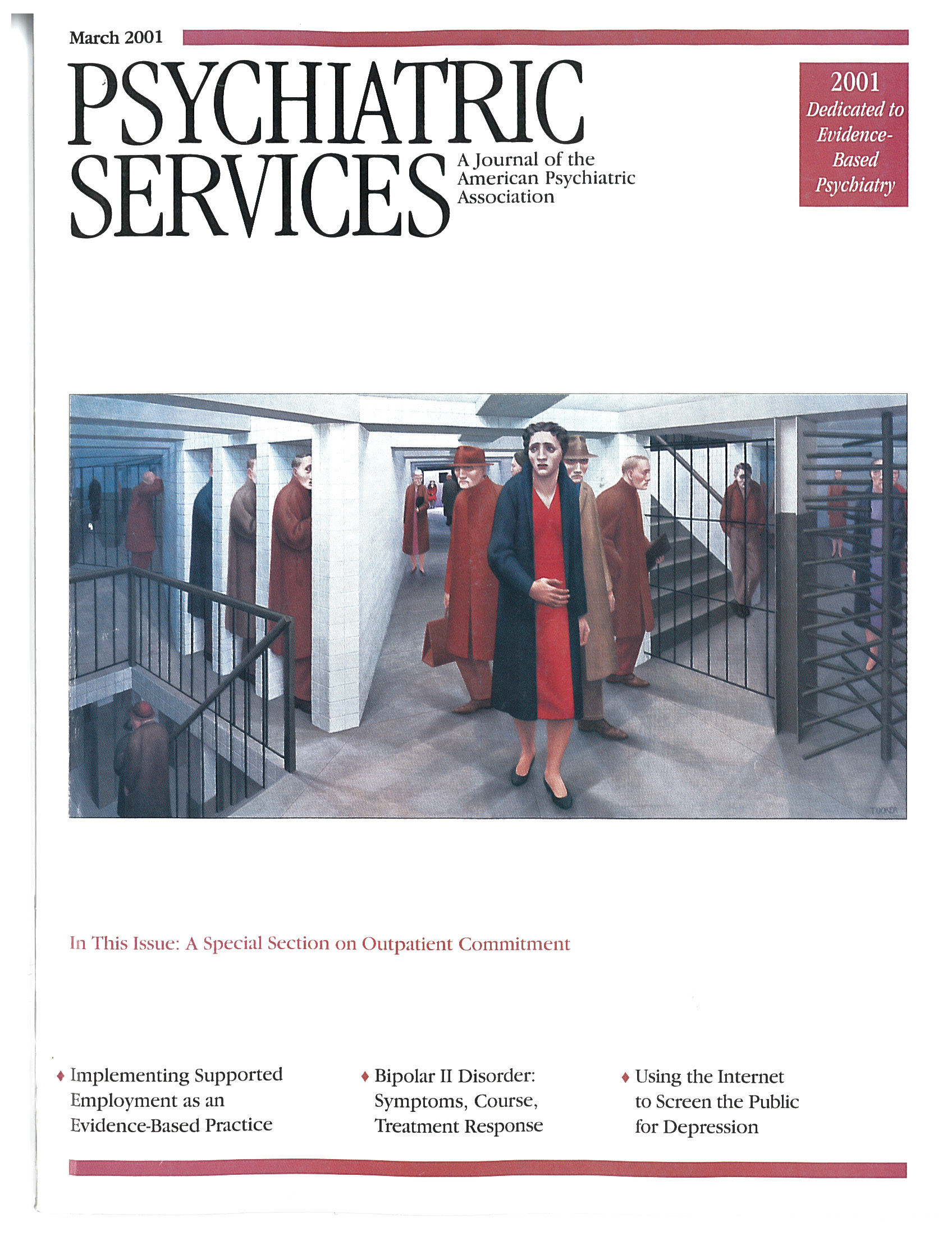Thinking Carefully About Outpatient Commitment
Abstract
We are witnessing an unprecedented wave of interest in outpatient commitment. In part, enthusiasm for outpatient commitment stems from concerns about highly publicized acts of violence by persons with mental disorders, although this is one of the weaker justifications for new laws. Provision of involuntary outpatient treatment may be an important component of a system of care for persons with schizophrenia, bipolar disorder, and other serious mental illnesses for reasons entirely unrelated to the prevention of headline-grabbing acts of violence. The existing data, all imperfect, tend to favor the efficacy of outpatient commitment as a means of stabilizing patients in the community, and many clinicians who have been involved in the process share this view. Acknowledging limitations in the empirical evidence favoring outpatient commitment, the author reviews key issues for policy makers to address in considering or revising these statutes.



